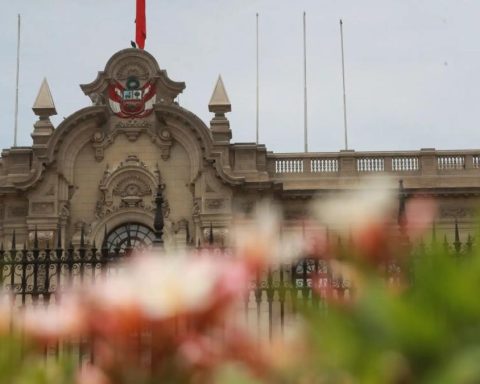Faced with the increase in fuel for a few months, Panamanians cannot afford to cope with this situation, so “collaborative transportation” is a good option to reduce costs.
The former director of the Land Transit and Transportation Authority (ATTT), and expert in urban planning and mobility, Sandra Escorcia Alvarado, explained that this arises as a response to a more social consumer who wanted to share his vehicle and does not have to go down to precise or fixed hours.
He explained that for many years due to the issue of the roadblock, collaborative transport has emerged in many countries, and is part of the mobility pyramid and today this is promoted.
“In Panama we have 2.3 million cars for daily travel and we have half the streets of other cities. For citizens, this must be fundamental where oil will continue to rise,” he remarked.
He specified that the term “collaborative” is not that this help will be provided for free, but some money is taken to help the person who is transporting us.
Escorcia stressed that in Panama there are no incentives for users who do collaborative transportation. In turn, he indicated that the ATTT does not have to get involved because in Law 34 of 1999 or in the Traffic Regulations, there is absolutely nothing that says that you cannot do collaborative transportation, you do not need permission from anyone.
He specified that companies can do collaborative transportation between them, so the business could go better.
“Live your citizen’s right, there is nothing that prevents it. You have to teach the ATTT and especially the Traffic Police who cannot stop the citizen, that is a right, that is my car, and I do with my car what I want, and no one can stop me from going or telling my colleagues that I’m taking them,” he said.








